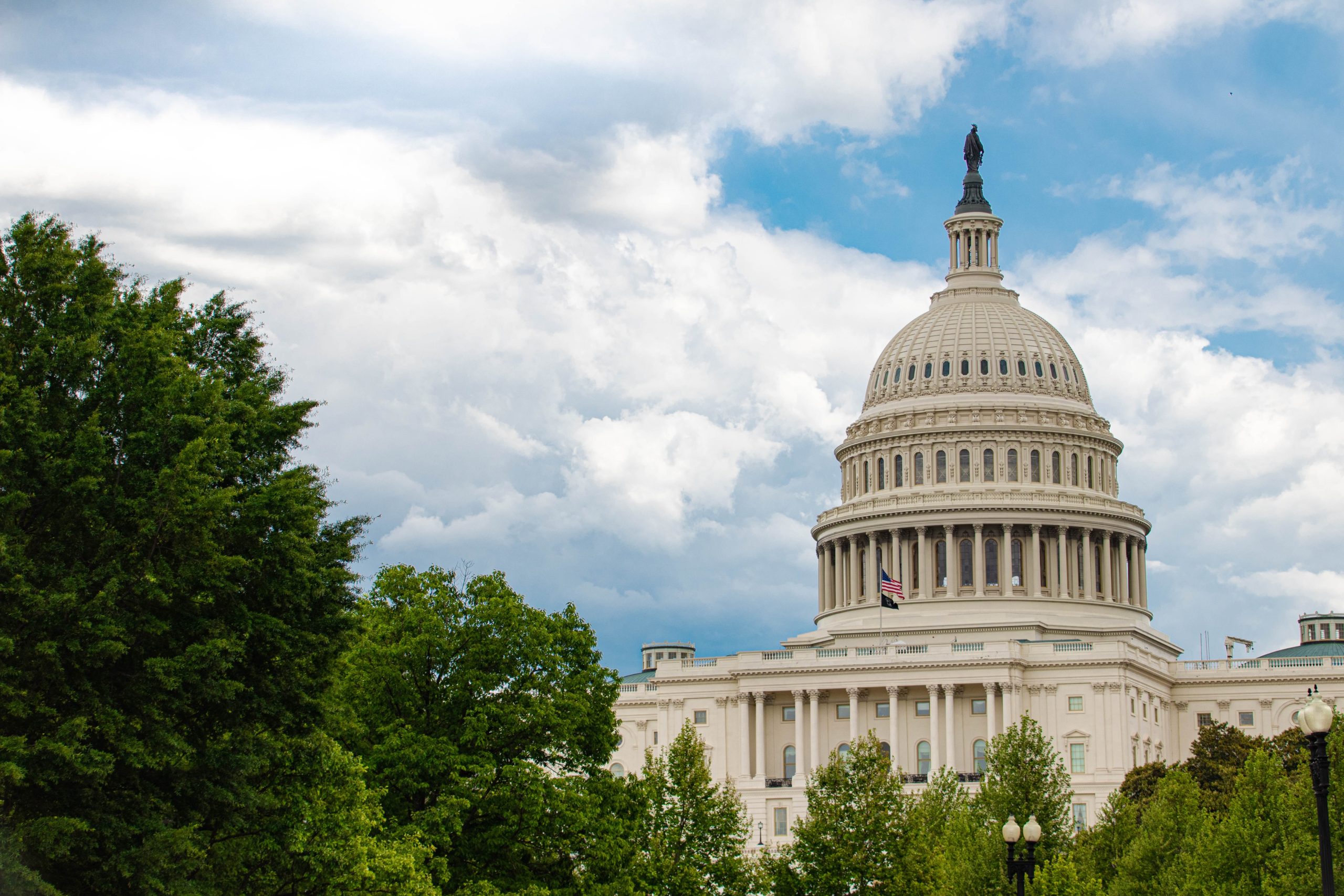This piece was previously published in Radio Ink.
The first half of 2023 was an extremely successful one for broadcasters in the nation’s capital. NAB is active on numerous issues, including the preservation of AM radio in cars, the performance tax, and decreased regulatory fees.
Radio stations are supporting NAB’s Depend on AM campaign, which is rallying the support of hundreds of thousands of listeners across the country to push back against removing AM radio in vehicles. As a result, more than 100 members of Congress have written to the major automakers expressing concern over the potential removal of AM radio from the automobile, and the House Energy and Commerce Committee held a hearing to examine the issue.
The introduction of bipartisan legislation in both chambers of Congress and Ford’s public reversal to keep AM radio in its vehicles are huge wins on this issue, but the battle is far from over. We applaud the senators and representatives from both parties that are cosponsoring the AM Radio for Every Vehicle Act, and we are continuing to fight to ensure Americans have the lifeline of broadcast radio available at their fingertips when they are behind the wheel. This is an existential issue for radio, and we are making our voices heard.
Broadcast radio is also receiving tremendous bipartisan support in the House and Senate for the Local Radio Freedom Act, which opposes any performance royalty on local radio stations. More than 210 lawmakers are cosponsors of the resolution, signaling strong opposition to the recording industry as they pursue a job-killing royalty fee for the free promotional airplay of music.
NAB is also grateful that the Federal Communications Commission responded to our appeal for greater parity in the regulatory fee process by examining how it assesses fees and who should pay them. For too long, broadcasters have supported unrelated work at the FCC through onerous, ever-increasing fees. We are working with the FCC to modernize and refine the regulatory fee process to more accurately account for the work it performs and lessen the burden on broadcasters. We have also taken the FCC to court asking that the Commission fulfill its statutory obligation to complete the 2018 quadrennial review of broadcast ownership rules. The FCC cannot continue to shirk its requirement to complete the 2018 review, especially as it has already initiated the 2022 review.
In the face of evolving technology and shifting landscapes, lawmakers understand that radio remains as relevant and vital as ever. It is an honor to represent this essential and enduring industry in Washington.



